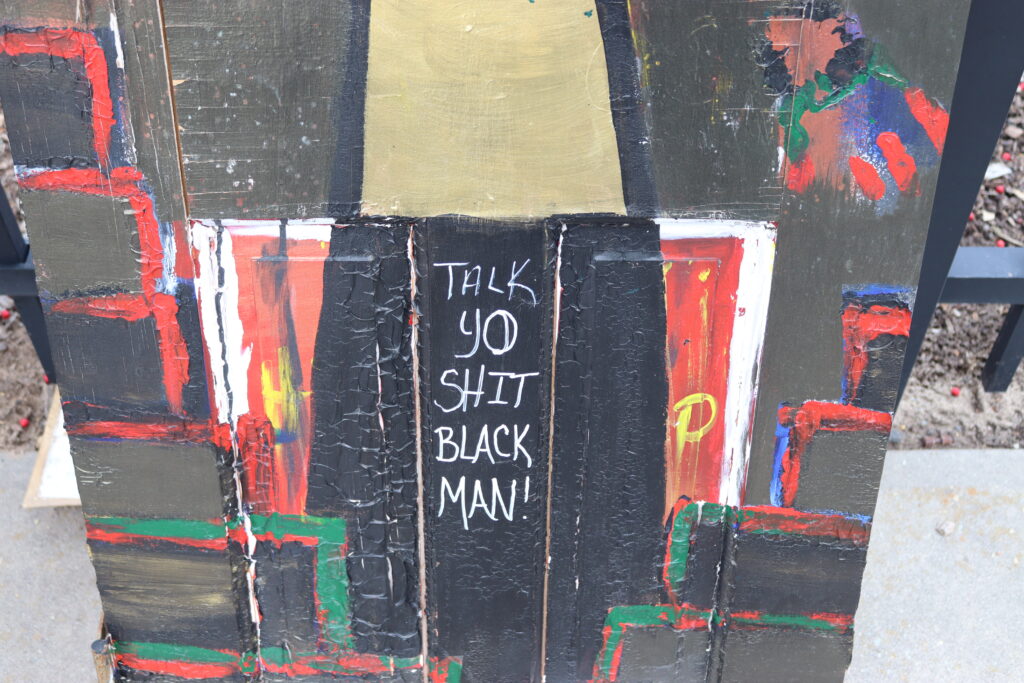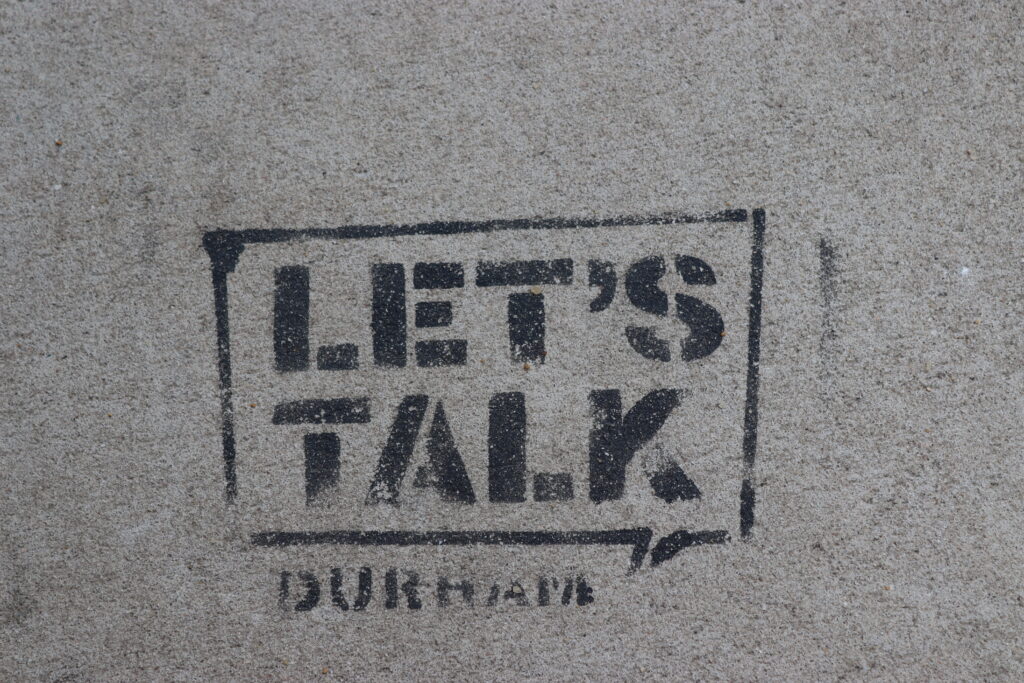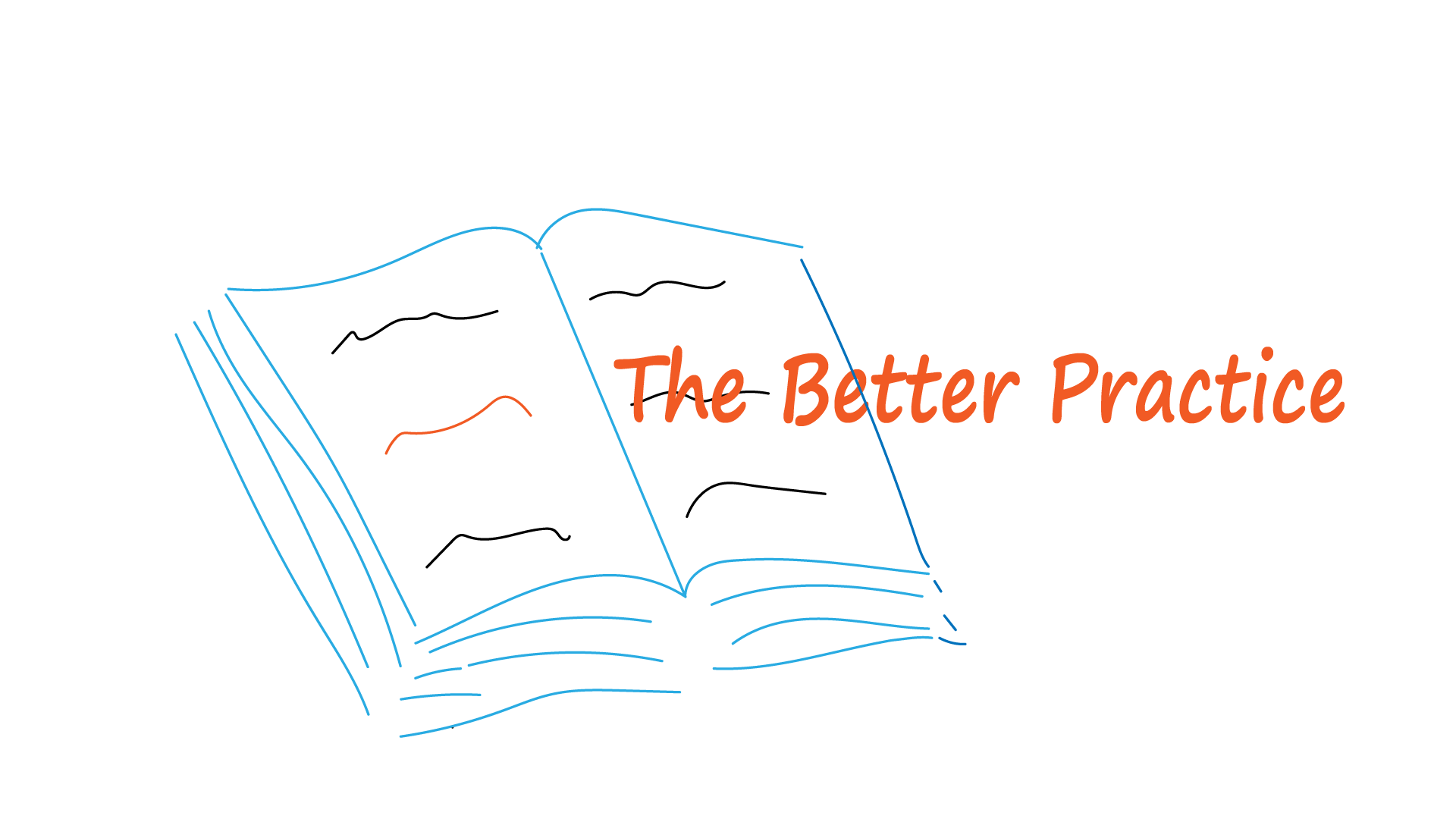We Just Need to Hug It Out…

From the very beginning of my legal career, I have had this sort of personal motto:
“The work we do is hard and traumatizing enough. I do not see the need to be harsh and traumatizing to one another whilst we do it.”
This came from years of being a prosecutor with one of (if not THE most) toughest detail: prosecuting child abuse, sex crimes and domestic violence. Talk about your heavy criminal behavior one is exposed to, intimately, every day. Even though this was hard work, I was very passionate about it and loved doing it as a prosecutor. So, it was sometimes hard not to get into it with other attorneys, take things personally and act combatively.
But, I have always tried my very best not to take things personally (or make things personal) or behave in a disagreeable manner. I am not so sure that most other attorneys make these efforts as I continue my career on the civil side. Those attorneys that I have encountered that are NOT so civil tend to invoke the legal tenant of being a fierce advocate for their clients as an excuse for their very uncivil conduct and behavior. Really, sis? Really, bruh? So you calling me a “dumbass attorney” in an email chain with the Judge’s assistant is being a fierce advocate for your client (that really happened to me)? My bad…I just thought you were being a total asshole.
But it got me thinking. Is this true? Is this the way it is supposed to be? Does the requirement for us to be fierce advocates for our clients mean that we have permission to check our civility at the edge of the boxing ring? That can’t be good for us.
I, by no means, am a shrinking violet. I cuss like a sailor and have no problem telling someone to go to hell if I think they are out of line (I am a New Yorker, what can I say?). But, despite my saucy disposition, I am a fervent believer that you treat people the way you want to be treated. But, I also ascribe to the age old adage ever so eloquently evoked by the great Wanda Sykes, comedienne: “ Don’t start none, won’t be none.” My first avenue is always to be approachable and willing to work with someone else to find a compromise. What is the purpose in the unnecessary acrimony when our jobs are stressful enough? Some of the most difficult cases I worked on had nothing to do with the issues at hand but how much of a jerk the opposing attorney was. And it was absolutely exhausting. Close colleagues of mine have said that they will decline representing a client, regardless of fee, if they learn that the opposing side is represented by certain rancorous attorneys.
The civility debate regarding lawyers is as old as the profession. Studies show that people think there is growing incivility in general in the world. The law profession seems to be disproportionally affected. According to a 2019 article in the Georgetown Journal of Legal Ethics (found at web address: https://www.law.georgetown.edu/legal-ethics-journal/wp-content/uploads/sites/24/2019/08/GT-GJLE190012.pdf ) by David A. Grenardo, law schools do a lot to teach budding attorneys about ethics, but not so much about civility. As a practitioner, I can definitely see that.
But are we practitioners, who choose the well intentioned and reasoned road of civility over acrimony in litigation, put at a disadvantage? I actually had a client say to my partner that I was “too nice”. To me and my cussing saucy self, that was hilarious (both I and my partner STILL laugh at that one). But it got me thinking…was my philosophy of being easy going and willing to work things out seen as a weakness in my field? According to Mr. Grenardo, it’s not supposed to be. We as attorneys are supposed to be problem solvers, not problem creators. Being antagonistic and disagreeable for the sake of being antagonistic and disagreeable ultimately hurts our clients by making matters more expensive and jeopardizing the integrity of their case. According to Mr. Grenardo’s article, clients also can lose the power to have the lawyer of their choice when their attorneys behave in such a deplorable way as to get booted off their case by the Court.
But there is even a graver consequence for attorneys, ourselves. What does this constant state of negative drama and rancor do to our emotional health and sense of selves? I believe it serves to keep us in this constant state of hypervigilance where we constantly feel that we have to be ready for combat at a moment’s notice. I find that this distracts us from really focusing on what we need to actually do for our clients and their cases. I have been in cases where, for some reason or another, the other attorney seemed hell bent on being so disagreeable that they missed major issues in their case (that I in turn capitalized on). In those instances, when I realized what was going on, things for me got very clear and I was able to step back, stop wondering why this attorney was being so antagonistic, and not focus on matching their hostility, but digging deeper in the case to solve the puzzle. But, there was a lot of stress in getting to this point. All that energy and worry was wasted trying to discern my way out of the antagonism of the other attorney. I vote “no” to that foolishness.
The unnecessary antagonism and hostility sucks whatever joy in the actual work right out and can leave us feeling depleted, tired, and angry. I say it is unnecessary because it is. Client’s may have this preconceived notion that to prevail in their legal matter, they need an attorney that is an even bigger asshole than they are (or are trying to be), but this is a fallacy; one that doesn’t have to be reinforced by us as their lawyers. No matter how antagonistic an attorney wants to be, it will NOT change the bad facts in their case or the challenging hurdles they must find a way over in order to best represent their client. Shitty behavior to opposing counsel will not change what a loser your case ultimately is.
It is clear the better practice is for us to treat one another with respect and civility. This is so for a whole host of reasons, some of which I have already mentioned. But I think the biggest reason why behaving in an agreeable and civil manner is the better practice is that it enhances and prolongs our life span in the practice. Being civil, even if the other side is not, allows us to safeguard our love for our work and dial back the stress dramatically. There is tremendous freedom and liberation in our work when we could give a damn about matching evil quip for evil quip with opposing counsel. I think it also reaffirms ones confidence in their own abilities. Attorneys who resort to such disruptive and poor conduct, in my humble opinion, tend to be the attorneys who are not all that great at what they do, and they utilize outrageous and hostile behavior as a smokescreen for their own incompetence and unpreparedness.
I know, I know….this is not as easy when you are staring at someone calling you a “bitch” in court. But, I try, in those moments of insanity, to remember that it is not me that looks crazy to everyone and that there will be another time where that person gets what is coming to them; it just doesn’t have to be me that metes that out. Also, I don’t want to leave court with that hot and anxious feeling. My own sense of balance is what I keep at the center of my focus during those times.

So, what are some practical steps that we can take to walk in this truth? This is what I try to do. This is an evolving practice, so don’t kill me if it doesn’t work for you (and I am not always successful at it):
- Ask Yourself “Do I give a shit?”
▪You know yourself, or hopefully you are on that journey to knowing yourself. Are you in a hostile exchange with an attorney you know and respect, or is this just some hack that doesn’t really know what they are doing and it shows? If it is the latter, you clearly shouldn’t give a shit, and you know that you have to re-focus on the true issues at hand, and not on their drama. If it is the former, then I say just ask: “Why is this getting so hostile? Am I missing something?” If it is someone you know and respect, hopefully the feeling is mutual and they will tell you why the volume got turned up so loud all of a sudden.
- Take Your Time. Slow Things Down.
▪I find that these uncivil exchanges happen very quickly and you often don’t have time to process what is actually happening. Literally, take a deep breath and just sit without saying anything in response to see if you can gain your clarity on what is going on. This gives you time to assess and formulate a civil response that is more consistent with your disposition as opposed to an impulsive come back.
- You Are Good at What You Do
▪Do not let other people’s poor and outrageous behavior weigh on your confidence level. Reaffirm to yourself that you are prepared and ready to adequately meet the challenge at hand. Just because someone is screaming at you and calling you names, doesn’t mean that what they are saying is true. Have the confidence to discount their words and, subsequently, kick their ass in court.
I know this is not going to be the only time I write about this, because the uncivil side of things in my work plays a large part in the quality of my lawyer life. Dealing with THIS subject is very much a practice. Let me keep on practicing…..


What an incredible blog and relevant post! I wish this blog was mandatory reading to all practicing attorneys. Fabulous message and a practice we should all inspire to adhere to in our daily practice.
I love this blog and your post. It is such a breath of fresh air and refreshing to know that there are people like you out there aspiring to raise the profession’s practice style. Lord knows we need it. Keep it coming!